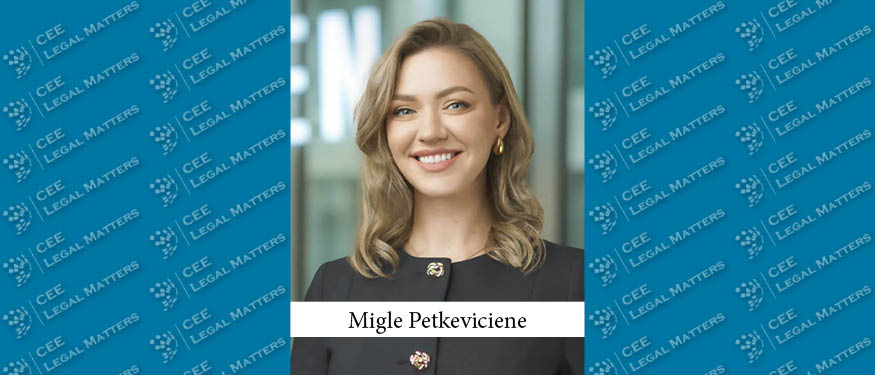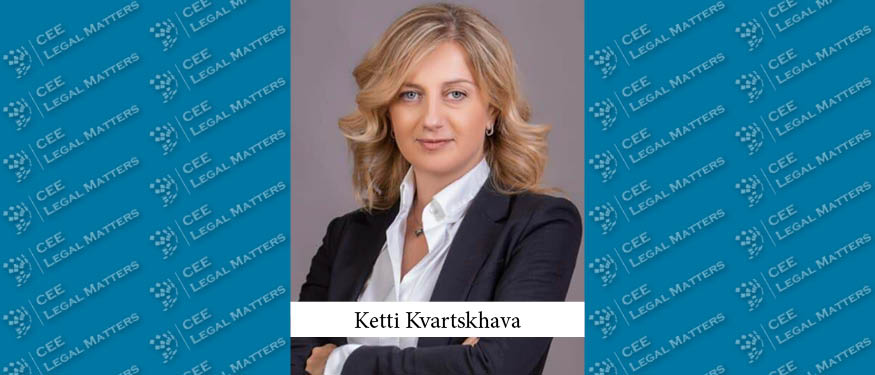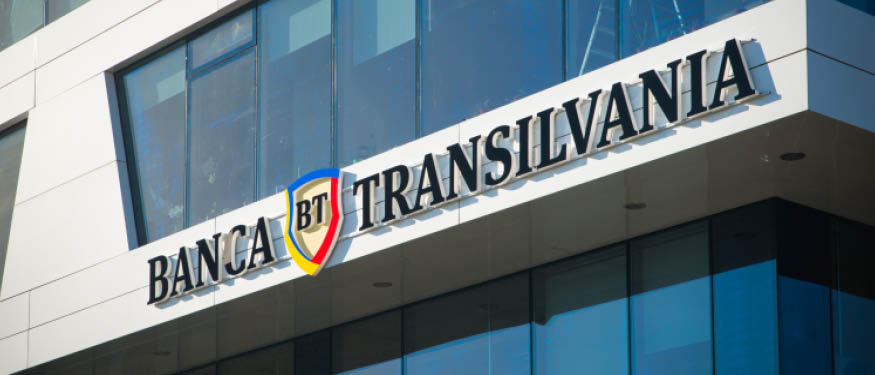Raising funds on the capital market—through the issuance of shares or bonds—provides companies with substantial advantages. Obtaining funds through capital market not only facilitates diversification of financial portfolios and reduces dependence on bank financing but also conveys a strong message to the issuer’s customers and business partners, illustrating the commitment to high standards of corporate governance. At the same time, by ensuring that the company’s securities are publicly listed, its members of the management board take responsibility towards the company itself, the shareholders, and other investors.
In organising a securities issuance, the company’s management must consider its multifaceted nature. The legal aspects of the issuance encompass a variety of requirements, including those mandated by the Commercial Law of Latvia, the Latvian Financial Instruments Market Law, stock exchange regulations, applicable European Union regulations, and specific prohibitions outlined in the Latvian Criminal Law. As a result, the responsibilities and obligations of the company's management are extensive and require diligent attention.
General requirements, duties and responsibilities
The management board of a company serves as its executive body and is generally responsible for management and representation of the company. Under Latvian law, management board members are expected to act as “diligent and prudent managers”. According to established Latvian case law, the characteristics of a “diligent and prudent manager” encompass various objective obligations, including adhering to relevant laws, the company’s articles of association, and the decisions of the general meeting, as well as loyalty, avoidance of conflicts of interest, and making economically sound decisions based on reliable information.
It is, therefore, the role of the management board members, as the issuer's executive representatives, to assume primary responsibility for undertaking all necessary actions in the issuance of company’s securities. Under applicable European Union law, this includes the obligation to disclose in the prospectus all relevant information about the company, including its assets, liabilities, profits, losses, and financial position, thereby enabling investors to make informed investment decisions.
Should any infringements arise, management board members may be held accountable for negligence, even in cases of slight negligence. Furthermore, members of the management board are jointly and severally liable for the damages they have caused to the company. Namely, every management board member will be deemed to be jointly liable for the loss with the other management board members, unless this person proves that he or she has acted as a diligent and prudent manager.
Therefore, in the event of a damages claim, the management board member bears the burden of proof to demonstrate that their conduct was free from even slight negligence and to disprove any allegations of illegality. To assess whether a member of the management board has incurred liability, it is essential first to establish whether the company has suffered damages, which must be a direct outcome of the management board member’s actions (or inactions). A causal link must be established to correlate the management board member’s conduct with the damages incurred. Thus, for the burden of proof to shift to the management board member, the claimant must substantiate the existence of damages to the company.
Specific requirements for issuers, civil and criminal liability
In accordance with the Latvian Financial Instruments Market Law, the prospectus shall be approved by the issuer’s shareholders’ meeting or by an authorised administrative body (i.e. the management board) or its official (i.e. a member of the management board). Responsibility for the content of the prospectus lies with the issuer’s administrative body (i.e. the management board).
The prospectus must clearly identify the individuals (including their names and positions) responsible for the accuracy of the information contained within it. The prospectus shall also include a responsibility statement by such person stipulating that, according to the information available to this person, the information included in the prospectus conforms to actual circumstances, and also that no facts have been concealed which may affect the meaning of the information included in the prospectus.
If an investor has incurred losses due to false or incomplete information having been included in the prospectus, such investor may pursue damages from the responsible persons indicated in the prospectus (i.e., the members of the management board) by bringing an action to a court according to general procedure. In such cases, the accountable management board members may assert defenses based on the aforementioned standard of “diligent and prudent manager”. Conversely, investors are not entitled to damages if their decision was based solely on the summary of the prospectus or its translation, unless said summary is misleading, contradicts other sections of the prospectus, or fails to provide critical information when considered in conjunction with other parts of the document.
While there have been no documented cases of individuals being prosecuted for providing false information during the issuance of securities, it is crucial to acknowledge the inherent risk. Specifically, pursuant to the Latvian Criminal Law members of the management board could face criminal liability for knowingly disseminating false information regarding public circulation of financial instruments, for issuing and listing of financial instruments that do not comply with the provisions of the articles of association, the prospectus, or any related documents, or for insider dealing and market manipulation.
By Edgars Lodzins, Partner, and Krisjanis Buss, Senior Associate, Cobalt

















